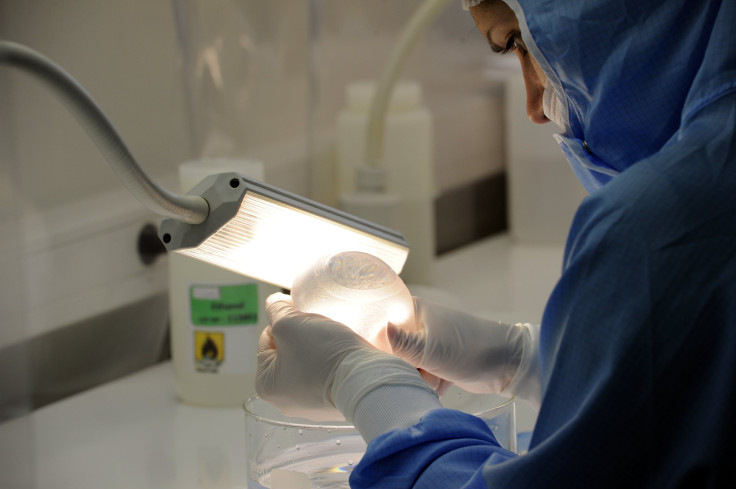Rare Type Of Cancer Linked To Breast Implants

The U.S. Food and Drug Administration announced in an official statement that a rare form of cancer linked to breast implants may be linked to the death of nine people since 2010.
According to a letter released by the FDA on Thursday, scientists have identified 660 cases of breast implant-associated anaplastic large cell lymphoma, also known as BIA-ALCL, within the last 10 years, with 457 of those cases positively confirmed.
BIA-ALCL is a type of non-Hodgkin’s lymphoma. Notably, non-Hodgkin’s lymphoma is not a form of breast cancer in implant patients. BIA-ALCL affects the fluid near the implant, as well as fibrous scar tissue.
"Though the number of identified cases of BIA-ALCL is small compared to the estimated 1.5 million patients who receive breast implants worldwide every year, confirmed data and published information reviewed to date suggests that patients with breast implants have an increased risk of BIA-ALCL," the statement read.
The letter, which was address to health care providers, noted that a “significant body of medical literature” has been published about BIA-ALCL since 2011, which have included patient case histories and long-term outcomes of the disease.
Despite this extensive research, relatively few cases out of a projected have been concretely established; in turn, this creates restrictions on how the FDA can recommend patients how to avoid risks. However, the FDA was able to offer a list of symptoms for both providers and patients to look out for while monitoring for BIA-ALCL.
"In most of the cases reported to the FDA, patients were diagnosed with BIA-ALCL when they sought medical treatment for implant-related symptoms such as pain, lumps, swelling, or asymmetry that developed after their initial surgical sites were fully healed," the letter stated.
In terms of what they could recommend, the organization asked all medical professionals to report any cases of BIA-ALCL in individuals with breast implants to MedWatch, their adverse event reporting program.
The FDA also stressed that those with implants were not expected to alter their current medical routines or, for those who receive surgeries, their aftercare. "If you have breast implants, there is no need to change your routine medical care and follow-up," the FDA added.
© Copyright IBTimes 2025. All rights reserved.





















